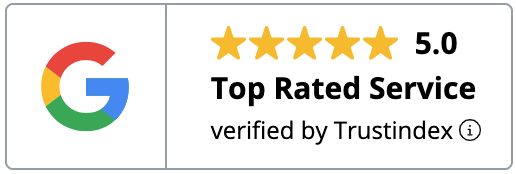A Guide to Choosing the Right Attorney in the Dominican Republic
Navigating legal matters in a foreign country can be daunting, and selecting the right attorney is crucial for ensuring your interests are protected. The Dominican Republic, with its unique legal landscape, requires careful consideration when choosing legal representation. Here’s a detailed guide with five key points to help you make an informed decision.
1. Understand Your Legal Needs
Before you start your search for an attorney, it’s essential to identify your specific legal needs. The Dominican Republic has a variety of legal specialties, including:
- Real Estate Law: If you’re buying property, you’ll need an attorney experienced in real estate transactions to help with due diligence, contracts, and title transfers.
- Corporate Law: For business ventures, an attorney with expertise in corporate law can guide you through the process of setting up a business, complying with local regulations, and navigating tax implications.
- Family Law: Matters such as divorce, child custody, and inheritance require specialized knowledge of family law.
- Immigration Law: If you’re moving to the Dominican Republic, an attorney familiar with immigration processes can assist with visas, residency permits, and citizenship applications.
Understanding your specific legal requirements will help narrow down your search to attorneys with the right expertise.
2. Research Qualifications and Experience
Once you know what type of attorney you need, it’s time to research potential candidates. Key aspects to consider include:
- Education and Licensing: Ensure the attorney is licensed to practice in the Dominican Republic. They should have a law degree from a recognized institution and be a member of the Dominican Bar Association (Colegio de Abogados).
- Experience: Look for an attorney with a proven track record in the specific area of law relevant to your case. Experience can significantly impact the quality of legal advice and representation.
- Reputation: Online reviews, testimonials, and referrals from trusted sources can provide insight into an attorney’s reputation. Consider reaching out to past clients if possible.
3. Evaluate Communication Skills
Effective communication is vital in any attorney-client relationship. When assessing potential attorneys, consider the following:
- Language Proficiency: Ensure that the attorney speaks your language fluently, as legal terminology can be complex and nuanced. If you’re not fluent in Spanish, seek an attorney who can communicate clearly in English or your preferred language.
- Responsiveness: Pay attention to how quickly they respond to your inquiries. A good attorney should be prompt and willing to answer your questions, demonstrating their commitment to your case.
- Clarity: During initial consultations, evaluate how clearly they explain legal concepts and procedures. An attorney should be able to simplify complex legal matters so you can make informed decisions.
4. Consider Fees and Billing Structure
Legal fees can vary widely depending on the attorney’s experience, specialty, and the complexity of your case. Here are some factors to consider:
- Fee Structure: Attorneys may charge hourly rates, flat fees for specific services, or retainers for ongoing representation. Ensure you understand their billing structure before committing.
- Transparency: A reputable attorney will provide a clear explanation of their fees and any additional costs you may incur. Ask for a written estimate or engagement letter detailing the services provided and associated costs.
- Budget: Consider your budget and find an attorney whose fees align with your financial situation. Remember that the cheapest option isn’t always the best; focus on value and expertise.
5. Schedule a Consultation
Once you’ve narrowed down your list of potential attorneys, schedule consultations to meet them in person or virtually. Use this opportunity to assess the following:
- Compatibility: The attorney should make you feel comfortable and understood. A strong attorney-client relationship is essential for effective collaboration.
- Strategy: Ask about their approach to your specific legal issue. A good attorney will outline a clear strategy and explain how they plan to achieve your goals.
- Questions: Prepare a list of questions to ask during the consultation. Inquire about their experience with cases similar to yours, expected timelines, and potential challenges.
Conclusion
Choosing the right attorney in the Dominican Republic is a crucial step toward successfully navigating your legal matters. By understanding your legal needs, researching qualifications, evaluating communication skills, considering fees, and scheduling consultations, you can make an informed decision. Taking the time to find the right legal representation will ultimately provide you with peace of mind and confidence as you move forward in your legal journey.



